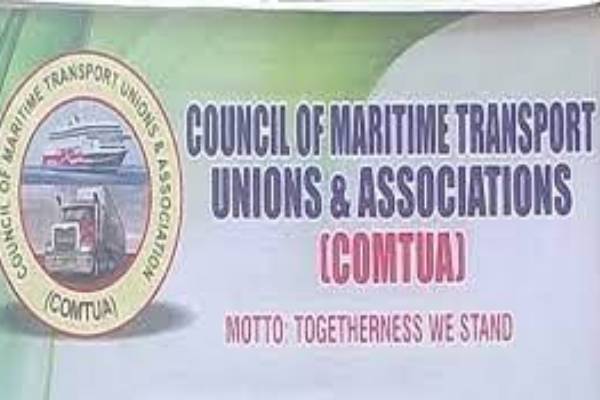The Council of Maritime Truck Unions and Associations (COMTUA) has issued a scathing response to a recent open letter by the National Association of Government Approved Freight Forwarders (NAGAFF) addressed to President Bola Ahmed Tinubu, criticising the association’s stance on the controversial Eto Call-Up system managed by Truck Transit Parks Limited (TTP).
In the letter titled “Eto Call-Up System Relapsing, Wants Mode of Operation Reviewed,” NAGAFF appeared to commend TTP and its managing director, Jamal, for improvements in port access roads and reduction in gridlock — a position COMTUA has described as misleading and self-serving.
COMTUA argued that the previous traffic congestion in the port corridor was primarily due to road construction activities — a fact it said NAGAFF is well aware of. Attributing the resolution of the gridlock to TTP or the Eto system, it noted, amounts to “mere promotion of an individual” rather than an honest evaluation of the system’s performance.
Highlighting its concerns, COMTUA accused TTP of presiding over a system riddled with inefficiencies, corruption, extortion, and favouritism. It alleged that over ₦2 billion was extorted from truckers in Kirikiri in 2021, yet NAGAFF failed to speak out. Additionally, it criticised the introduction of so-called Export Processing Terminals (EPTs), where truckers reportedly pay ₦100,000 for what it described as “nothing more than turning around inside a garage,” burdening exporters with additional handling costs.
“The recruitment of NAGAFF as a promoter of this flawed system, possibly in a bid to secure the renewal of TTP’s five-year contract, is deeply troubling,” COMTUA said in a statement, adding that NAGAFF appears to be a beneficiary, not a victim, of the failed system.
The group further challenged NAGAFF to an open debate, accusing the freight association of abandoning its long-standing standards and turning a blind eye to the daily struggles of truckers and transport operators.
COMTUA concluded by urging genuine stakeholders and commentators to rise above personal interests and advocate for a transparent, efficient, and fair port access regime.





